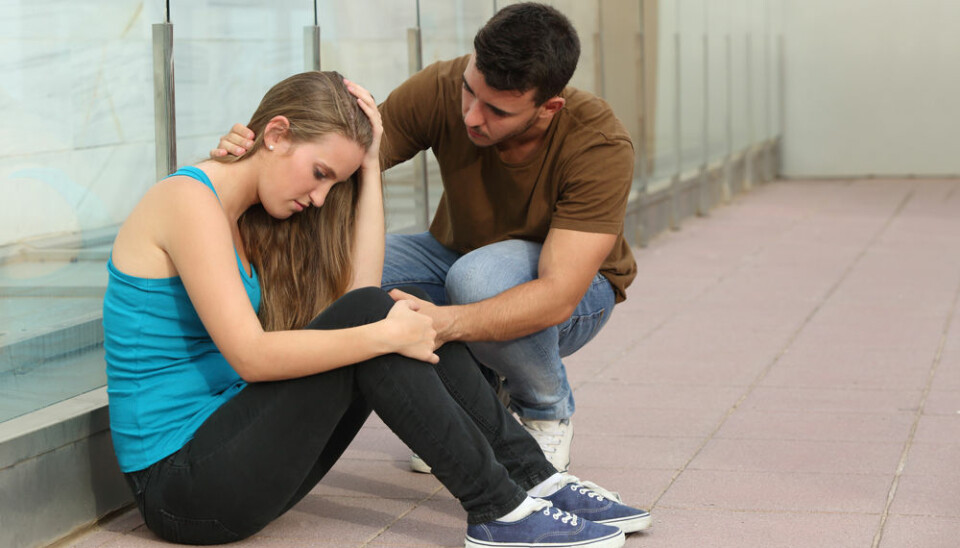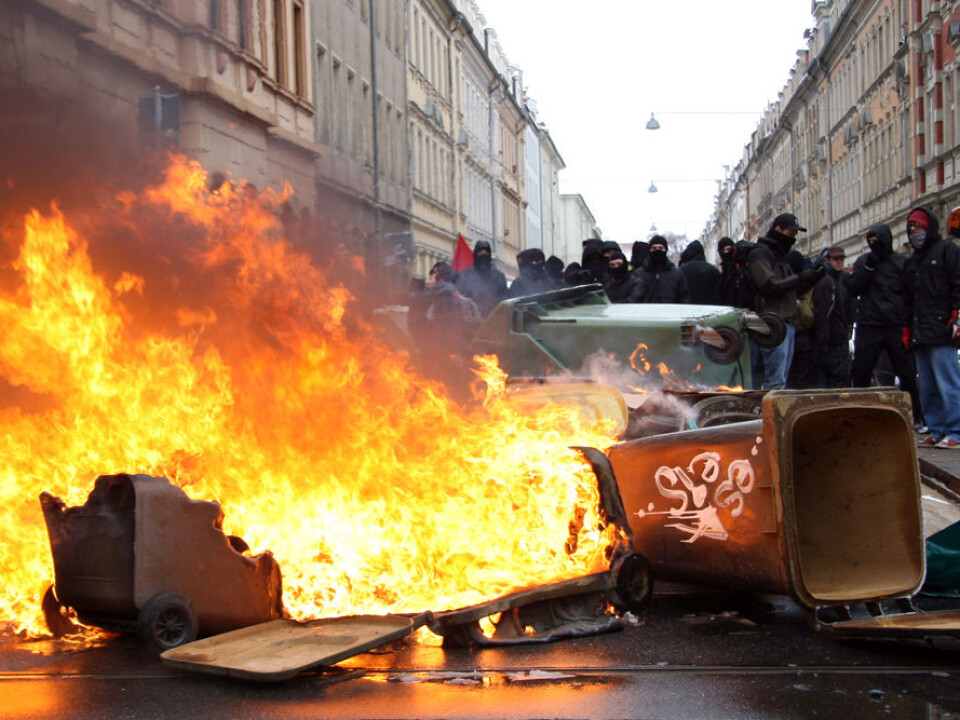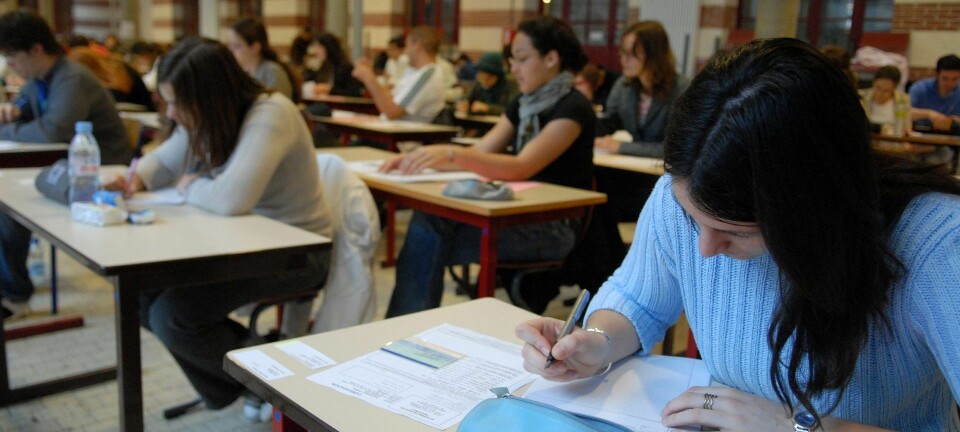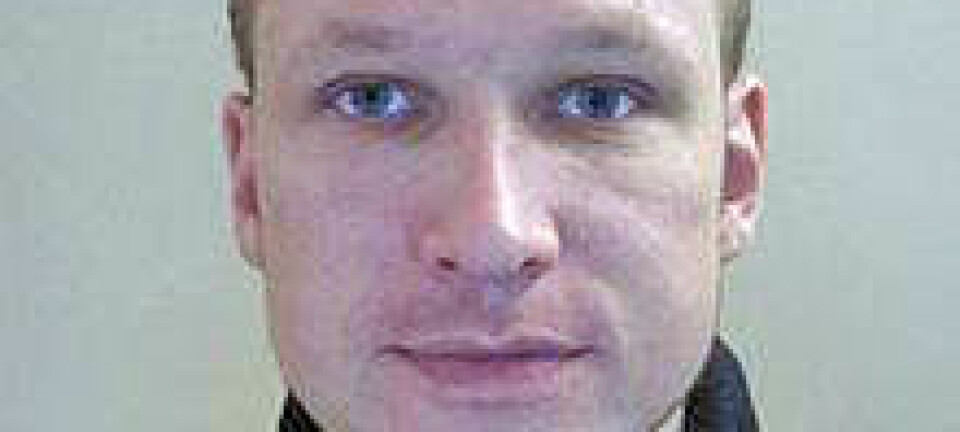
Lost faith in democracy? Blame the teacher!
Students who feel they are treated unfairly by their teachers lose faith in democracy, according to Swedish findings.
Denne artikkelen er over ti år gammel og kan inneholde utdatert informasjon.
“My research shows that youngsters who do not have direct experience and knowledge of political institutions develop attitudes toward the political system based on the relationship they have to their teachers,” says Ali Abdelzadeh, a doctoral candidate in political science at Örebro University.
His research shows that young people who feel they are treated fairly by teachers will have greater confidence in political institutions.
It is not the content of lessons in the classroom that is decisive, but rather the relationship between teacher and student.
On the other hand, young people with negative attitudes towards political institutions often feel unfairly treated by their teachers.
The world’s largest study

“Teachers can change students’ attitudes towards politics, and they can challenge preconceived ideas about how society works – ideas that may have come from parents, friends or the media,” said Abdelzadeh. “It goes both ways.”
Abdelzadeh is a part of a research group called Youth & Society (YeS). They have conducted the world’s largest study on youth and politics, based on 4,000 individual between the ages of 13 and 30. Abdelzadeh's research has focused on the factors that cause – or prevent – young people to be dissatisfied with politics.
Young people care about politics
“Our research shows that most young people are committed and interested – not in the traditional way, through political parties, but that they are ready to take action if needed,” says Abdelzadeh.
In the analysis, he found four main groups of youths who took a critical view of politics. The largest group was – despite their critical outlook – basically satisfied with how the political system works and believed in democracy as a concept.
Those in the next group were more critical, but still believed in democracy. The third group was more ambivalent – they were critical of many democratic institutions, yet believed that society does work.
Potential threat
The last and smallest group was directly hostile to democracy as a social system. Young people in this group were not only dissatisfied with democracy in practice; they preferred other ideologies and would consider breaking the law even if it meant others would be harmed.
“It is this combination that makes them a potential threat to the workings of democracy,” says Abdelzadeh.
Young people who are critical but still believe in democracy can be a great resource, he said. They are more interested in politics and public debate, more tolerant of foreign cultures and have greater ‘social trust’ than those who reject democratic government.
Concluding that disaffected youths are disengaged or that they lack faith in democracy is too simple, Abdelzadeh points out. Political discontent is not necessarily something negative or a threat to democracy; on the contrary, it can be a force for positive change.
----------------------
Read the Norwegian version of this article at forskning.no
Translated by: Lars Nygaard



































